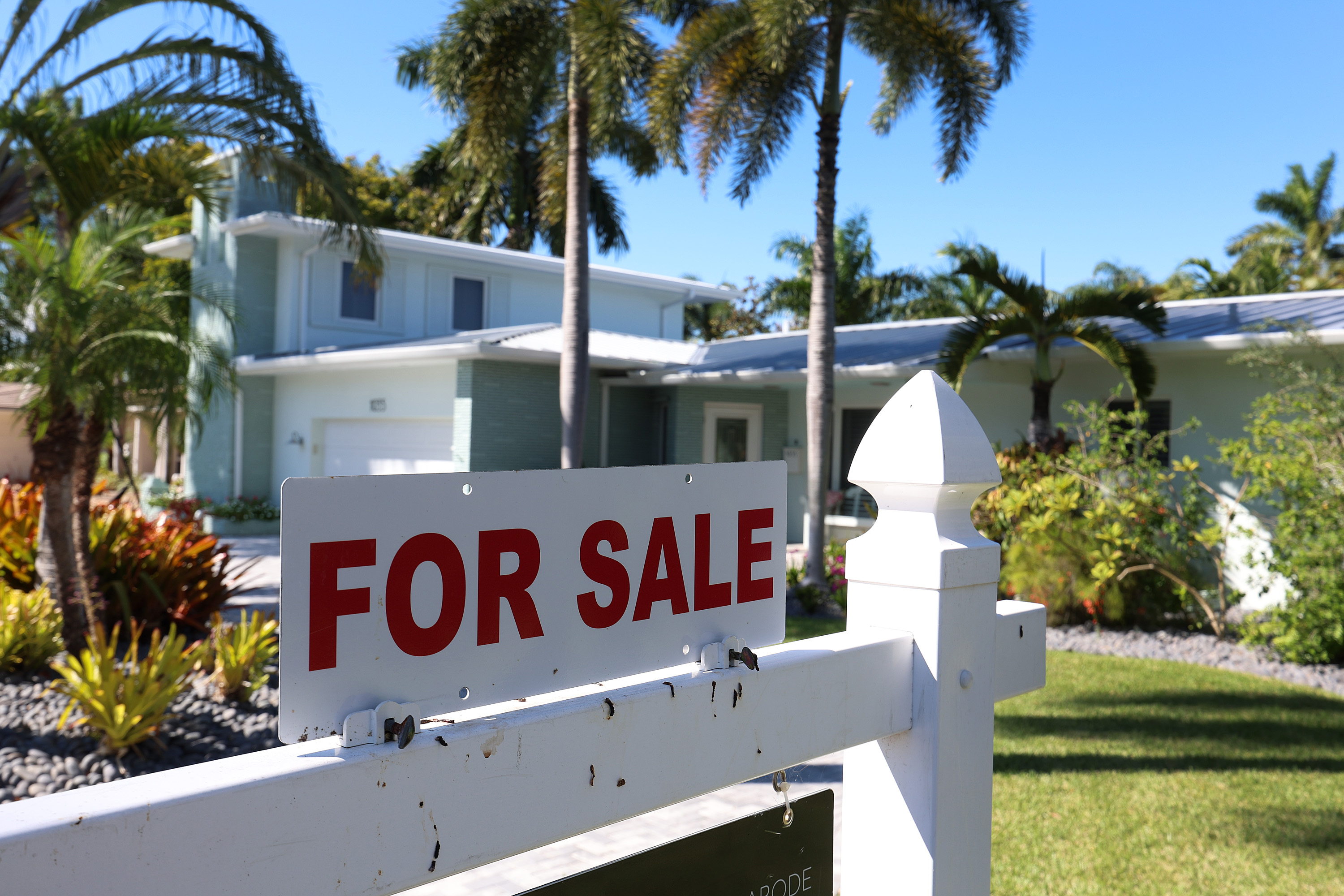Florida Housing Market Forecast: Expected Price Drops in Key Metro Areas
Overview of Market Trends
Florida’s real estate landscape is poised for significant changes in the coming years. According to a recent report by real estate investment firm Norada, home prices in certain Florida metropolitan areas could drop between 10% and 15% throughout 2025. The cities at the highest risk for these declines include Gainesville, Palm Bay-Melbourne-Titusville (commonly referred to as the Space Coast), and Lakeland-Winter Haven.
Factors Contributing to Price Declines
- Economic Factors: Economic shifts and fluctuations can leave certain areas vulnerable to downturns.
- Demographic Changes: Migration patterns have altered, particularly as the pandemic recedes.
- Climate Vulnerabilities: Increased frequency of extreme weather events is affecting housing values and demand.
Why This Matters
Florida was previously a hotspot for homebuyers, especially during the pandemic. Individuals from high-cost states like California and New York were drawn to Florida’s appealing climate, affordable real estate, and a burgeoning quality of life. However, recent trends indicate a cooling market, with supply increasing and demand dwindling.

The Current Situation
- Housing Inventory: An upward trend in available homes is leading to decreased sales activity.
- Rising Costs: Homeowners are facing increasing property taxes and skyrocketing homeowners association (HOA) fees.
Potential Impact Areas
Norada has provided insights into the particular metropolitan areas expected to feel the effects of these changes more acutely:
- Gainesville: This university town may see negative impacts due to overvaluation and shifts in educational models, such as remote learning.
- Space Coast: Associated closely with the aerospace industry, any budget cuts in related sectors could further strain the market.
- Lakeland-Winter Haven: The region’s rapid price appreciation has not aligned with local wage growth, making it susceptible to declines.
The Probability of Price Declines
Experts predict a greater than 70% probability of home price declines in these three high-risk areas. While this may sound alarming, Norada assures that a market crash is unlikely in the broader Florida housing sector within the next two years.
Market Insights
Norada’s experts emphasize:
"With its sunny beaches, vibrant cities, and booming tourism industry, the real estate market in the Sunshine State has seen significant growth over the years. However, with any market experiencing rapid growth, there comes the question of sustainability and the potential for a downturn."
Future Outlook for Florida Housing Market
Despite the negative forecasts for Gainesville, Palm Bay-Melbourne-Titusville, and Lakeland-Winter Haven, Norada believes that other parts of Florida will find stability. The report suggests a slower but healthier rate of home appreciation, expected to rise annually by 3% to 5% by 2026.
Key Takeaways
- Adjustment Period: The Florida housing market is entering a critical phase of adjustment.
- Diverse Outcomes: While some areas will face challenges, others should remain resilient.
- Long-term Growth: Positive demographic trends and robust economic fundamentals are expected to support future growth.
In summary, while certain Florida metro areas face immediate challenges, the broader outlook for Florida’s housing market holds promise for stabilization and gradual appreciation in the years to come. Keeping an eye on factors like inventory levels, economic conditions, and demographic trends will be crucial for potential buyers and investors.
For more insights on the Florida market and real estate trends, visit Norada Real Estate Investments.


